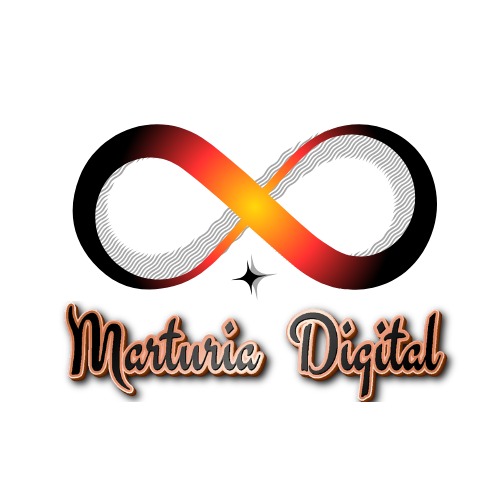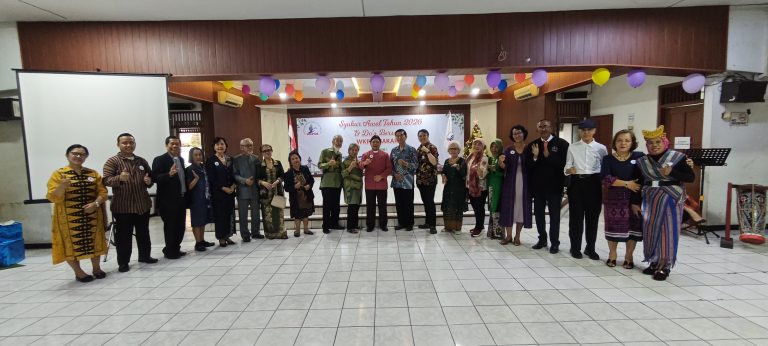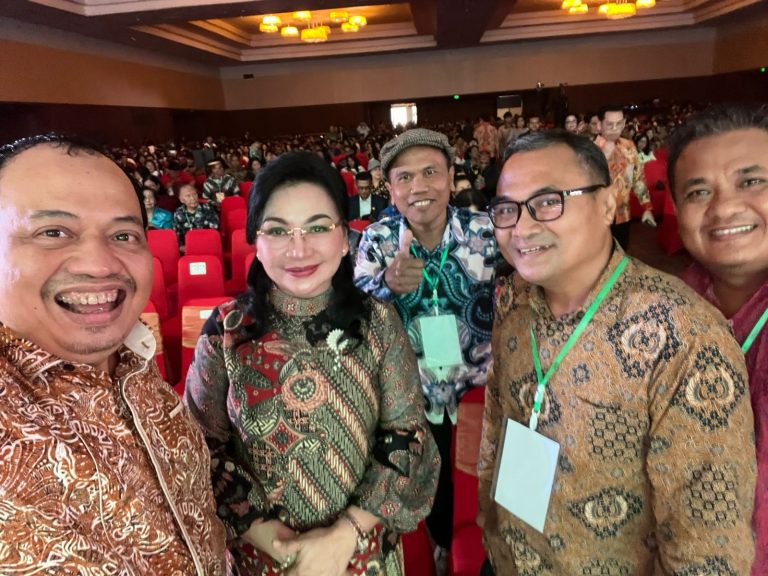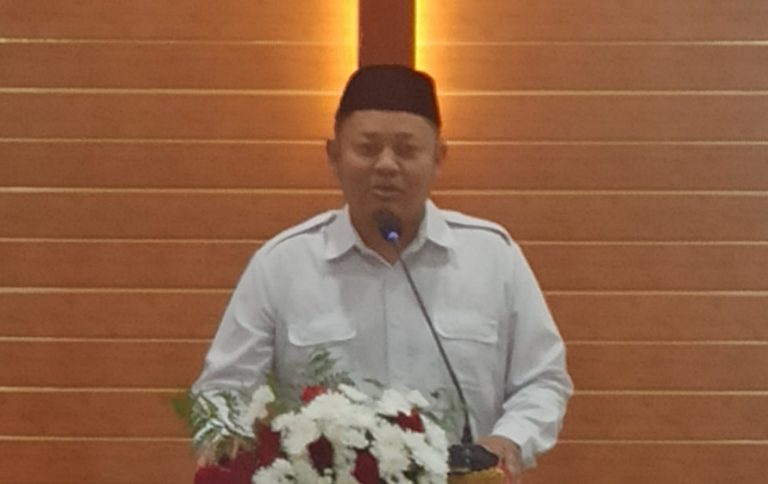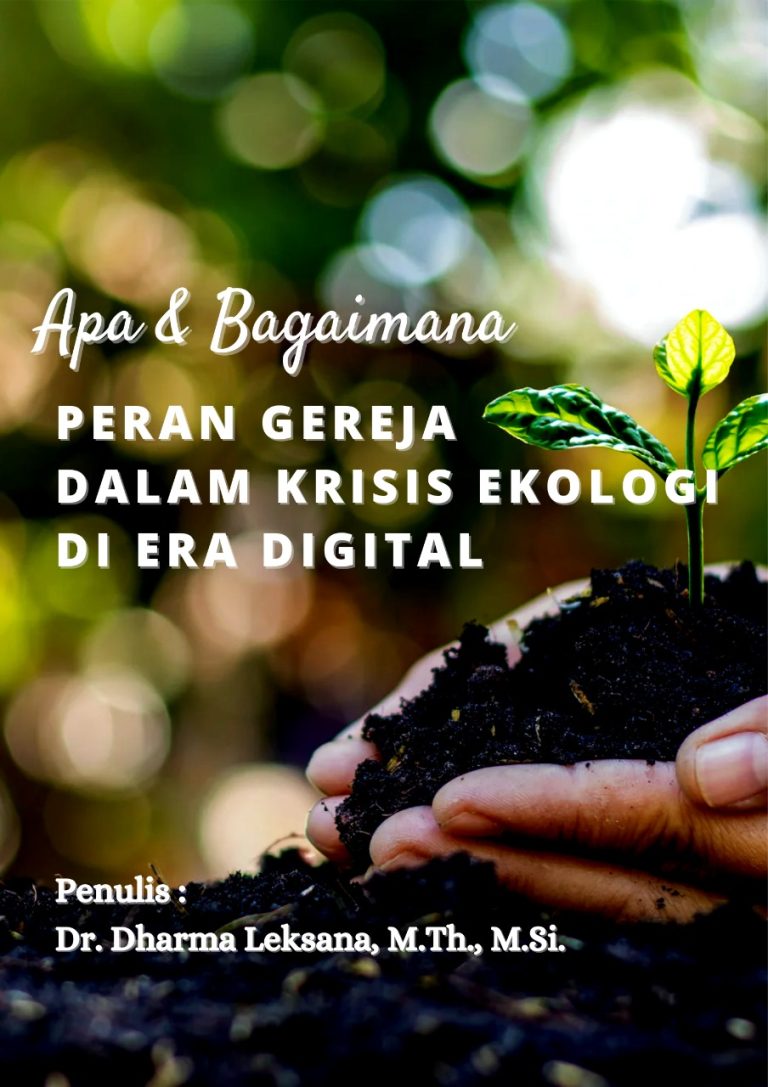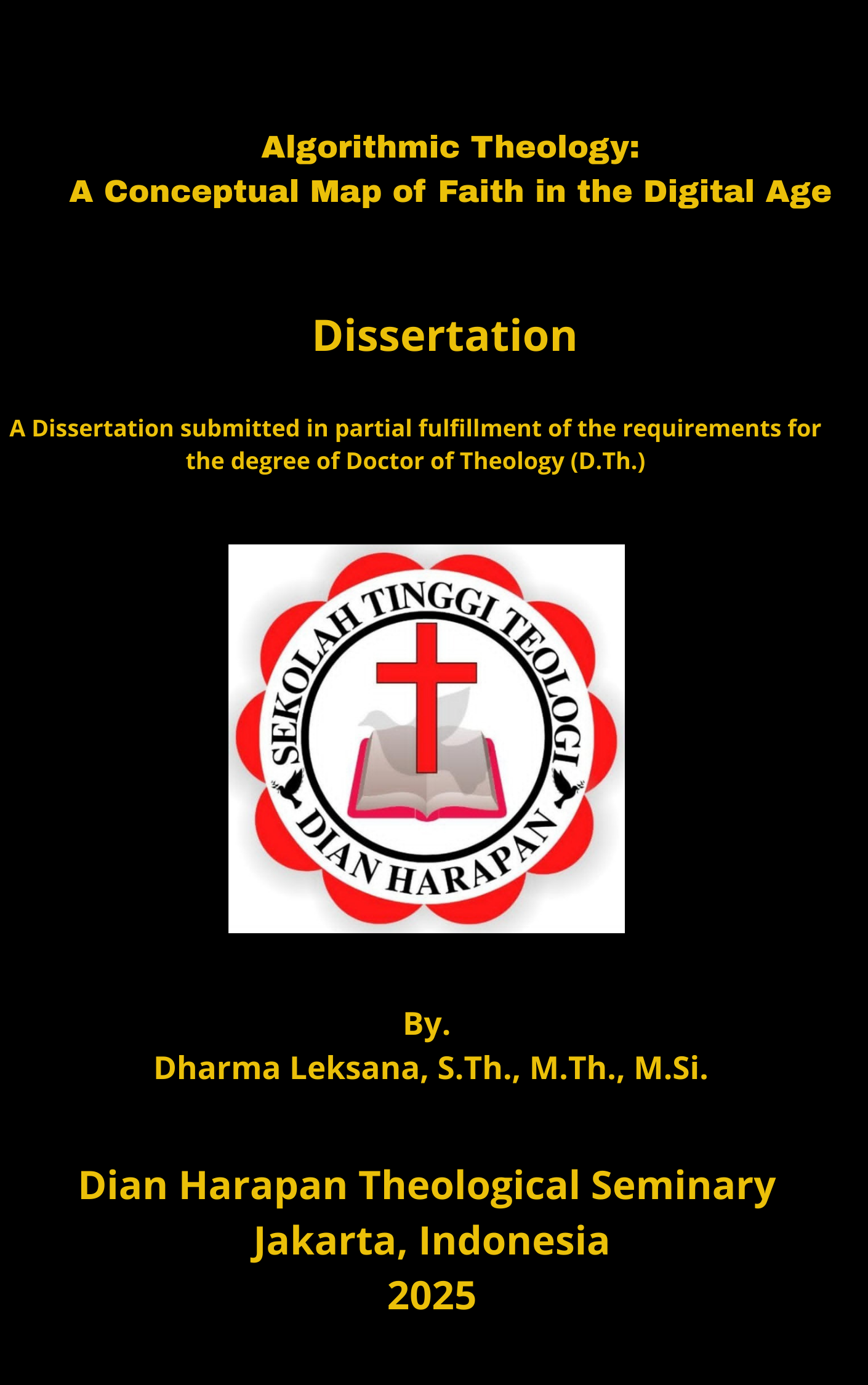
Abstract
This dissertation arises from the recognition that algorithms have become a dominant force within digital society. Algorithms not only regulate flows of information but also shape human desires, religious practices, and theological interpretation. Functioning as a new liturgy, a digital nomos, and a structure of power, algorithms often conceal biases and perpetuate social injustice.
This study develops the framework of Algorithmic Theology, a reflective discipline that brings classical theological traditions (Augustine, Aquinas, Luther, Calvin) into dialogue with contextual theologies (Gutiérrez, Cone, Ruether), perspectives from digital theology (Spadaro, Campbell, Horsfield), and critical studies of algorithms (Zuboff, Pasquale, Noble, O’Neil).
Employing theological, hermeneutical, and critical-social approaches, this dissertation argues that Algorithmic Theology must emerge as a contextual, critical, and prophetic Christian reflection. Its implications include: cultivating algorithmically aware digital liturgies; theological digital literacy as the basis for faith education; digital ethics affirming human dignity as imago Dei; and a prophetic ecclesial mission that resists digital idolatry while advocating for justice within algorithmic society.
Accordingly, this study demonstrates that algorithms constitute a new locus theologicus, and that the Logos—the Word of God—remains central to Christian faith, even amidst the algorithmic logics that govern digital reality.
Keywords: Algorithm, Theology, Digital Religion, Christian Faith, Hermeneutics, Ethics, Ecclesiology
